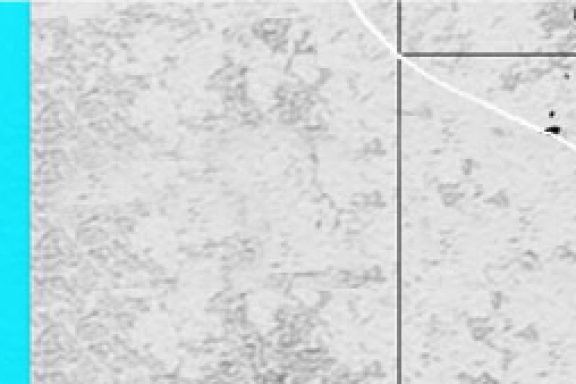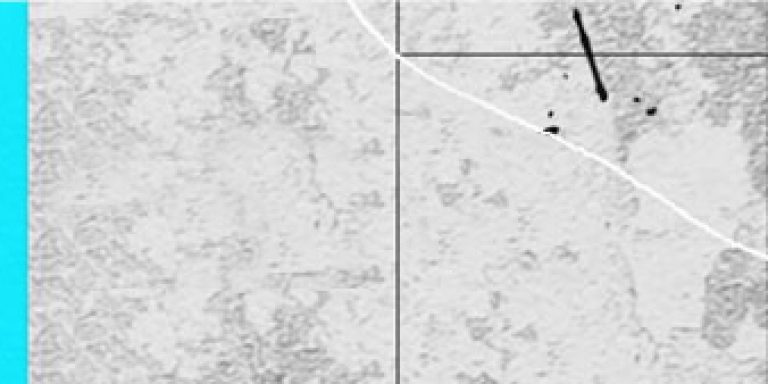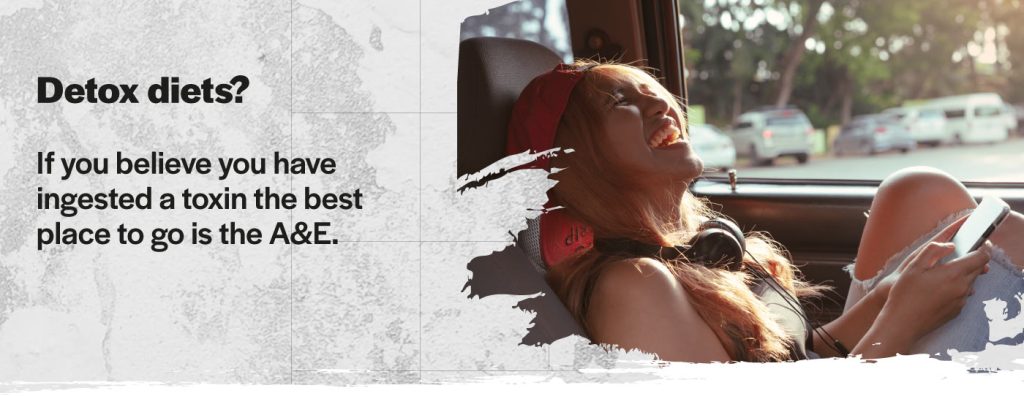Search up stuff related to your favourite sports and fitness hacks, chances are Instagram will bombard you with related paid posts. It’s in their nature to post for immediate interaction, not your long-term health gains. I’m starting 2022 by dispelling common myths, kicking off with rubbish diet advice.
Myth 1 – Gluten is evil
Intestinal distress, cramps, bloating, strength loss, even anxiety and depression, it’s all been pinned on gluten recently. Let’s break it down.
Gluten is a lipoprotein, basically a molecule made of protein and a little bit of fat.
Gluten is not only found in wheat, but in rarer cereals as well, spelt, rye, kamut and barley. It doesn’t rank among the best quality protein it is just like any other protein you normally eat from chicken, soya or cheese. It doesn’t bloat you, it doesn’t weaken you, it definitely doesn’t kill you.
In fact, several studies have found that pursuing a gluten free diet will trick you into steering away from a lot of healthy food. Often you consume either more meat with its own risks* or highly processed gluten-free products, way less healthy than homemade bread. Remember gluten tastes awesome, so manufacturers tend to add cheap sugars or fats to make up for its absence. This unbalances your macronutrient intake.**
Coeliac disease is different! It affects < 1% of the population*** and will require strict diet adherence. Wheat allergy also requires great discipline. Remember though that wheat allergy is specific for wheat, and it has nothing to do with gluten, therefore you can still enjoy the taste of barley or a cheeky pint of beer!
Myth 2 – “Fat-burning” tricks
First, take it from the actual nutrionists, fat is good. No fat = poor metabolism. It is the best source of energy, it regulates many processes and it protects some delicate areas. Your knee has a fatty pad to protect it from impacts? Despite all these superpowers fat has, there’s a fad going about how pineapple, turkey meat or lemon juice contain substances or enzymes that help us burn fat.
Wrong. There is no kind of food that can directly “burn” our body’s precious reserves of fat. Think about it: let’s say you eat a so-called fat-burning food: where would it take the fat from? Your stomach? Your cheeks? Randomly? How does it even get to the fat zone? It makes no sense!
Ignore the influencers, excess fat can only be reduced in a slow process of familiarising yourself with a healthier diet and building on your active lifestyle. It’s a steady process [link to https://www.team-magnus.co.uk/calorie-burning-101/]
Some substances have a “thermogenic” effect. They raise your metabolism a little for a short time by “heating up” your body. Some examples include caffeine, green tea, guarana and other herbs, usually associated with Vitamin B. This effect is in fact, real****. There is a catch though: it doesn’t offer noticeable fat loss unless you increase the dose to a rather dangerous level. The very same research showed how the use of it leads to higher blood pressure, addiction and anxiety. Moderation sounds right!
Myth 3 – Detox diets
No food can be classified as a toxin! Being unhealthy or low quality does not translate into being toxic. If you believe you have ingested a toxin the best place to go is the A&E.
Ok fine, some people use this term to indicate heavy and unhealthy food, associated with high caloric intake. I recommend taking a long, hard look at your everyday diet over a crash detox plan. Detoxing carries risks.
Normally detox advocates praise fruit and vegetables and often condemn dairy and gluten. Of course fruit is amazing! But if you cut other foods than fruit for 3 to 7 days you will reduce protein, complex carbs and fat intake to practically zero. This can and will cause muscle loss, fatigue, headaches and a general feeling of being unwell.*****
Myth 4 – Alkaline Water
The idea behind alkaline water is to use a higher Ph to counteract the low Ph of lactic acid and its build up within the muscle. In theory your muscles should work for longer without that feeling of “heaviness” during exercise. It does make sense, and recent scientific research has confirmed the validity of alkaline water.****** But there’s a catch: the athletes who took part in the experiment had to drink 4 litres a day of alkaline water only and the results were measured after 3 months. Plus, although statistically significant, we are talking about few percentage points of lactic acid reduction
500ml of alkaline water costs about £3. Unless you want to take out a personal loan to perform a tiny little bit better I’d say it’s not worth it. It is a scientifically interesting point and perhaps it will develop into something more applicable for all of us fitness nuts. It might be considered by elite athletes, but for you to reach elite levels there are other places to start than bottled water.
Detox diets?! If you believe you have ingested a toxin the best place to go is the A&E.
References
*Lebwho, B., Cao, Y., Zong, G., Hu, F. B., Green, P. H. R., Neugut, A. I., RImm, E. B., Sampson, L., Dougherty, L. W., Giovannucci, E., Willet, W. C., Sun, Q., Chan, A. T. (2017) ‘Long term gluten consumption in adults without celiac desease and risk of coronary disease: prospective cohort study.’ British Medical Journal, 357, 1892-1993.
**Kulai, T., Rashid, M. (2014) ‘Assessment of nutritional adequacy of packaged gluten-free food products.’ Canadian Journal of Dietetic Practice and Research.
***BMJ – Best Practice: Coeliac disease (2021) ‘Epidemiology of Coeliac Disease’ British Medical Journal online.
****Campbell, B. I., Zito, G. Z., Colquhoun, R., Martinez, N., Kendall, K., Buchanan, L., Lehn, M., Johnson, M., St.Louis, C., Smith, Y., Cloer, B., Pingel, A. (2016) ‘Effects of a single-dose thermogenic supplement on resting metabolic rate and hemodynamic variables in healthy females – a randomized, double-blind, placebo-controlled, cross-over trial.’ Journal of the International Society of Sports Nutrition, 13(13), 1-8.
*****NHS England – The truth about detox diets. [Online] Available from: https://www.nhs.uk/livewell/tiredness-and-fatigue/documents/truthdetoxdiets.pdf [10/01/2022]
******Chycki, J., Zajac, T., Maszczyk, A., Kurylas, A. (2017) ‘The effect of mineral-based alkaline water on hydration status and the metabolic response to short-term anaerobic exercise.’ Biology of sport, 34(3), 255-261.
Further reading
Newberry, C., McKnight, L., Sarav, M., Pickett-Blakely, O. (2017) ‘Going gluten free: the history implications of today’s most popular diet.’ Journal of gastroenterological medicine, 19, 54-62.






